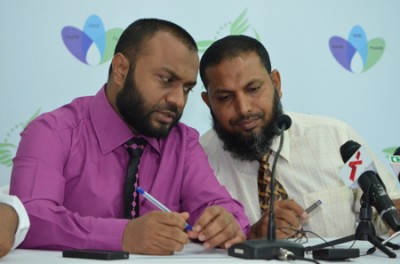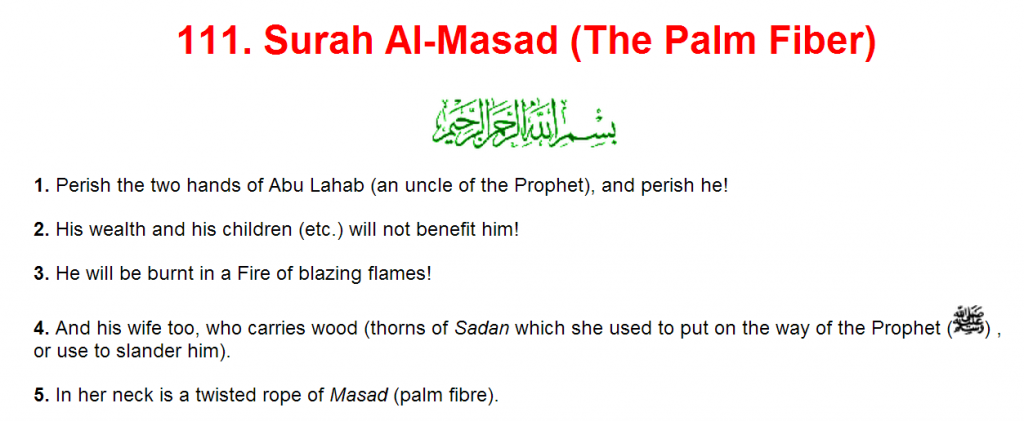Operation Anbaraa – human rights abuse at a music festival
by Mushfique Mohamed
A lot has been written about the music festival on the desert island of Anbaraa attended by local and international DJs, some tourists and 198 partygoers. According to the event organisers, Tourism Minister Ahmed Adheeb and certain officials of the Yameen government allegedly approved the event in an unofficial capacity. Most of what has been said in the Dhivehi media is framed to make it appear that these young people at the music festival were engaging in an orgy of illicit activities on the island, and that the authorities acted rightly by raiding the event and arresting one female minor, 19 women and 59 men present at the festival. Unfortunately, the susceptible majority of the Maldivian public do not see the political and unconstitutional underpinnings of these arrests, and most often than not, wholeheartedly accept such narratives. This proves beneficial for certain politicians in the Maldives, known for garnering support along ultra-nationalist and Islamist lines, as the Anbaraa incident provides an opportunity to generate just such rhetoric. Their understanding is that the youth are to be blamed for testing the limits of an increasingly conservative society. The awful truth is that people in positions of power indulging in similar behaviour, and much worse, are not subject to the same laws.
The Maldives Police Service claims it raided the island around midnight on Friday night. Detainees have described the operation as a hypocritical, aggressive and excessive display of brute force and psychological warfare. Many of the detainees claim the police used stun guns, grenades, tasers, taser guns, batons, guns and rubber bullets during this operation. Initially flares were shot and the authorities used amplifiers to announce – “you will all be killed if you don’t calm down” while charging at the partygoers. “They shot stun grenades at the centre of the dance floor in front of the main stage”, one of the detainees said. “Rubber bullets were shot in the air and a lot of people were tased with tasers and taser guns,” he continued.
Many detainees said they were all verbally abused and humiliated. Talking of the religious and cultural undertones of this operation, one female detainee said an officer yelled at her, “Are you a European?” A male detainee alleged that two officers grabbed him by the neck and called him an infidel. Another female detainee claimed she was pulled by the hair and ear, and hit on the back. Some of the male partygoers intervened when police resorted to sexualised violence against women – these men are now being detained separately from other detainees, although not in solitary confinement. Some detainees allege they were beaten and showed visible scars. Many detainees note disturbing police actions such as some officers allegedly stealing detainees’ belongings and, in the presence of some detainees, consuming illicit substances found on the island.
After the island came under police control, the detainees were rounded up and brought to the main stage. They were cuffed using plastic clips and kept kneeling down. The island did not have enough water and the Maldives Police Service did not bring any food or water with them for the detainees. When the detainees asked for water it was not provided to all, and some were humiliated for requesting for water. At this point, detainees were allegedly asked to go to sleep. On Saturday morning around 6-7am the police allegedly ordered the catering service to provide food for 198 detainees while the island was under police control. Even at this time, the Maldives’ police did not facilitate rights afforded to those accused or detained under Article 48 of the Constitution. Although police claim that the detainees were informed of their rights, the fact that these men and women were kept incommunicado for about 14 hours proves that the authorities failed to facilitate their inalienable fundamental rights to acquire legal counsel or information regarding the arrest.
Another factor that deviates from standard police practice in such cases is that, according to the detainees, belongings and persons on the island were searched on Saturday afternoon, and none of this was done in the detainees’ presence. Most detainees claim their tents were searched or dismantled while they were handcuffed. And, they claim, not only were their belongings rummaged but articles of clothing and money went missing after the police went through them. Article 161 of the 2011 Drugs Act requires police to split urine samples into two — one sample is to be tested by the Maldives Police Service while the other is to be tested by an institution stipulated by the National Drug Agency. This procedure was not followed, nor were the urine samples collected or processed according to the Urine Specimen Collection, Transportation and Testing for Illicit Drugs Regulation 2012, meaning that many detainees’ urine samples were taken after their remand hearings. Another irregularity is one that contravenes the Judicature Act – detainees were brought to the Criminal Court in Malé even though the alleged offences occurred in Vaavu Atoll. According to the male detainees, only female detainees were given lifejackets while they were being transferred to Dhoonidhoo Custodial Centre from Anbaraa.
During the remand hearings the police claimed that 119 people present at the island were released because they did not find any illicit substances on their person or belongings. This argument does not make sense as the police claimed that the entire island was a crime scene. The argument is further weakened by the fact that some of the detainees currently in custody did not have any illicit substances on their person and only have urine tests as evidence against them. Such contradictions in the claims made by the police suggest that the 119 were released because the police would not have been able to process all detainees within the specified time limit. Law requires all detainees to be brought before a judge within 24 hours of arrest.
These events are reminiscent of infighting among cabinet ministers during ex-dictator Maumoon Abdul Gayoom’s regime, which then spills over into the public sphere. If the Yameen government – even if in an unofficial capacity – gave assurances to the organisers of the music festival that it could go ahead, why has the Home Minister Umar Naseer vocally reacted to this incident as if to say the police were working under his orders? The feud between the current president Abdullah Yameen Abdul Gayoom; half brother of ex-dictator and Umar Naseer; the current Home Minister, has been at the forefront since the onset of the presidential election campaign in early 2013.
Some of the detainees are also of the impression that the government may have raided the event to create a distraction from the arbitration proceedings being held at the Singapore Court of Appeal regarding the cancellation of the GMR agreement during the coup appointed presidency of Dr. Mohamed Waheed, which ended in December 2013. In early 2010, the Indian infrastructure company GMR was contracted to build Ibrahim Nasir International Airport by the Mohamed Nasheed administration, which was toppled by his deputy Dr. Waheed and Gayoom loyalists. If the infrastructure giant GMR wins the arbitration case, the Maldives’ government will be subject to approximately US$1.4 billion in compensation.
All these factors create the public perception that current government is not fully in control of the security forces due to infighting, or that the security forces can be mobilised by the current government to carry out politically motivated attacks that have very little to do with morality, crime prevention, implementing the law, or protecting the youth from illegal drugs. Neither perception creates trust or confidence towards the current regime in power, but both highlight the human rights abuse and inconsistency of the implementation of law in the Maldives.

 More than half of the Maldivian population is under the age of 25 and, with over a third of the population aged between 18-35, the Maldives has one of the most youthful populations in the world. This weekend around 200 of them assembled on the desert island of Anbaraa for an overnight music festival.
More than half of the Maldivian population is under the age of 25 and, with over a third of the population aged between 18-35, the Maldives has one of the most youthful populations in the world. This weekend around 200 of them assembled on the desert island of Anbaraa for an overnight music festival.

